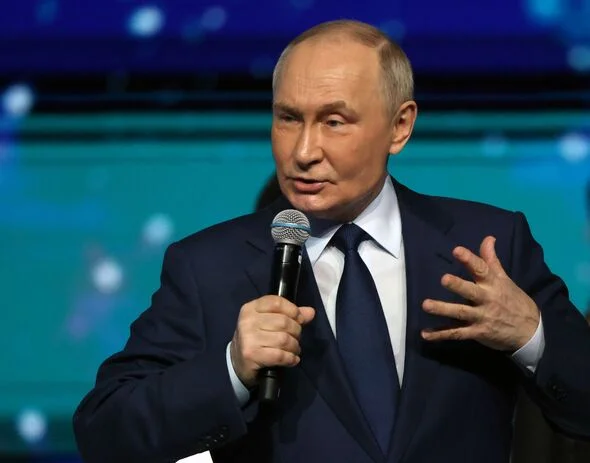Russian authorities have confiscated assets worth approximately $50 billion over the past three years, signaling a major shift to a “fortress Russia” economic model during the Ukraine war.
According to recent research, this move reflects a significant transfer of assets as Western companies exit the market, others face expropriation, and major Russian firms are taken over by the state.
Asset Seizures and Legal Basis
In response to what Russia deems Western overreach, President Vladimir Putin has issued decrees since 2022, enabling the seizure of foreign assets.
This decree, affects companies like Germany’s Uniper and Denmark’s Carlsberg.
Domestic assets have also been targeted under various pretexts, including strategic needs, corruption allegations, privatization disputes, or mismanagement.
The Moscow law firm NSP (Nektorov, Saveliev & Partners) estimates this “nationalization” totals 3.9 trillion roubles, with a list of involved companies released as part of the findings.
Economic Transformation
The research, initially highlighted by the Russian newspaper Kommersant, marks a departure from post-1991 hopes of a free-market economy, which were derailed by corruption and instability in the 1990s.
Under Putin, the economy grew from $200 billion in 1999 to $1.8 trillion by 2008, reaching $2.3 trillion by 2022, though sanctions following the 2014 Crimea annexation slowed progress.
Despite outperforming expectations during the Ukraine conflict, Russia’s economy stood at $2.2 trillion in 2024, lagging behind major global players.
Rationale and Impact
Russian officials justify these measures as a defense against Western efforts to cripple their economy amid the largest standoff since the Cold War.
Putin argues that the departure of over 1,000 Western firms—such as McDonald’s and Mercedes-Benz—has opened opportunities for local producers, advocating a new model distinct from globalized markets.
However, the war-driven focus on weapons production has strengthened state control, overshadowing private businesses.
Prosecutors are now targeting billionaire Konstantin Strukov’s stake in the gold firm Uzhuralzoloto for state acquisition.
Outlook
While this shift aims to bolster self-reliance, it raises questions about the long-term viability of an economy increasingly dominated by state interests, especially as private firms face forced sales or abandonment.




















